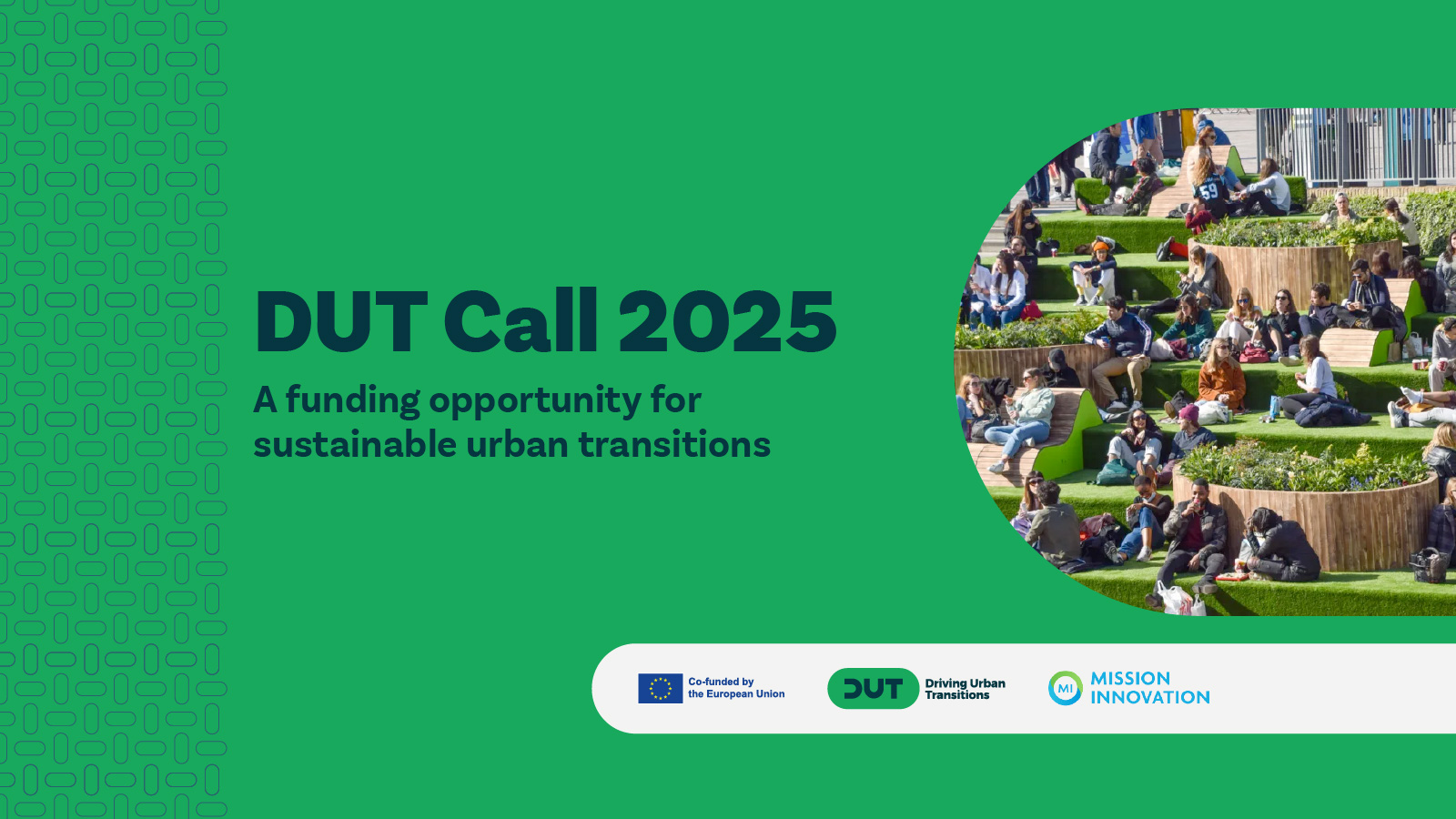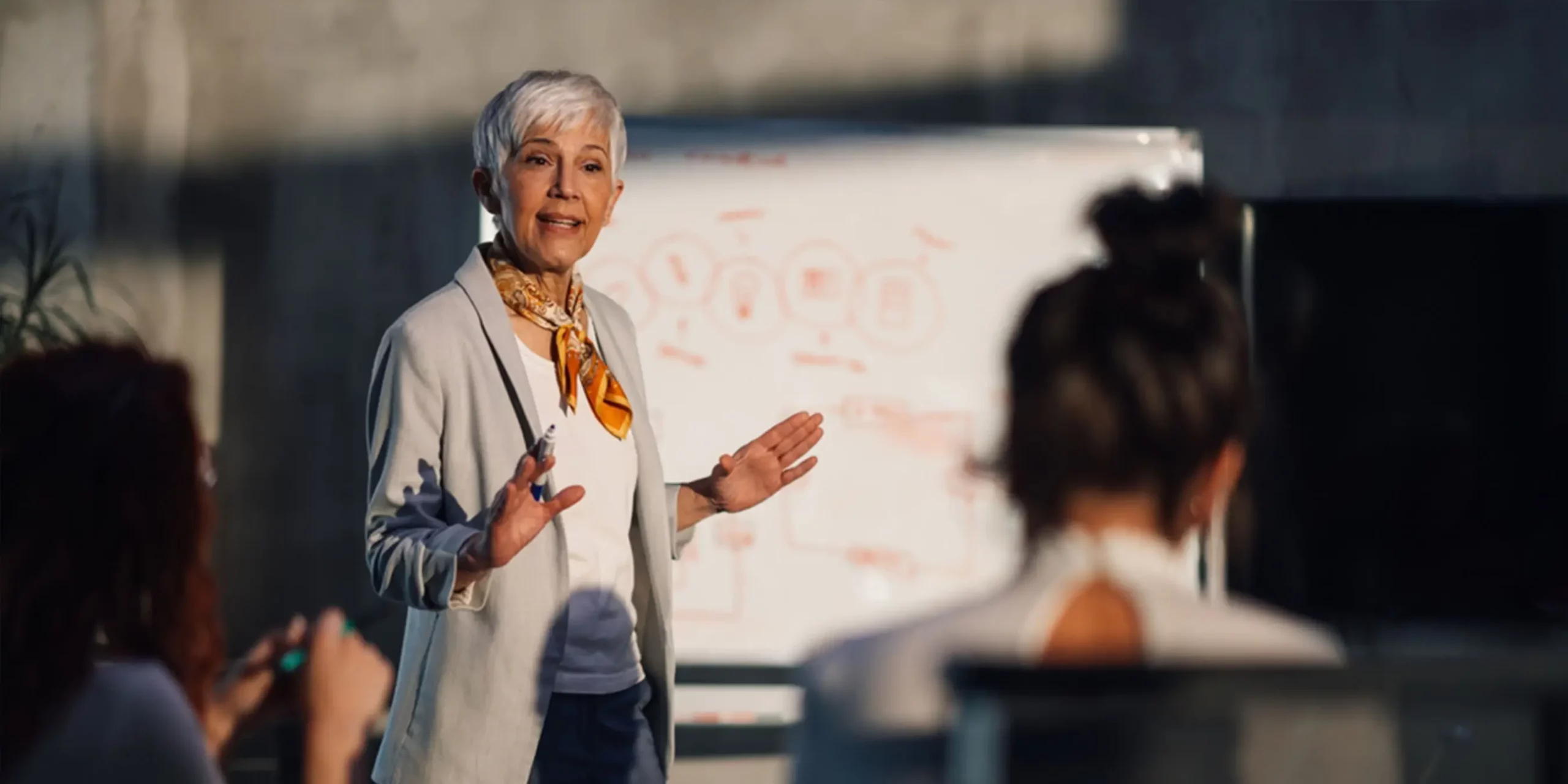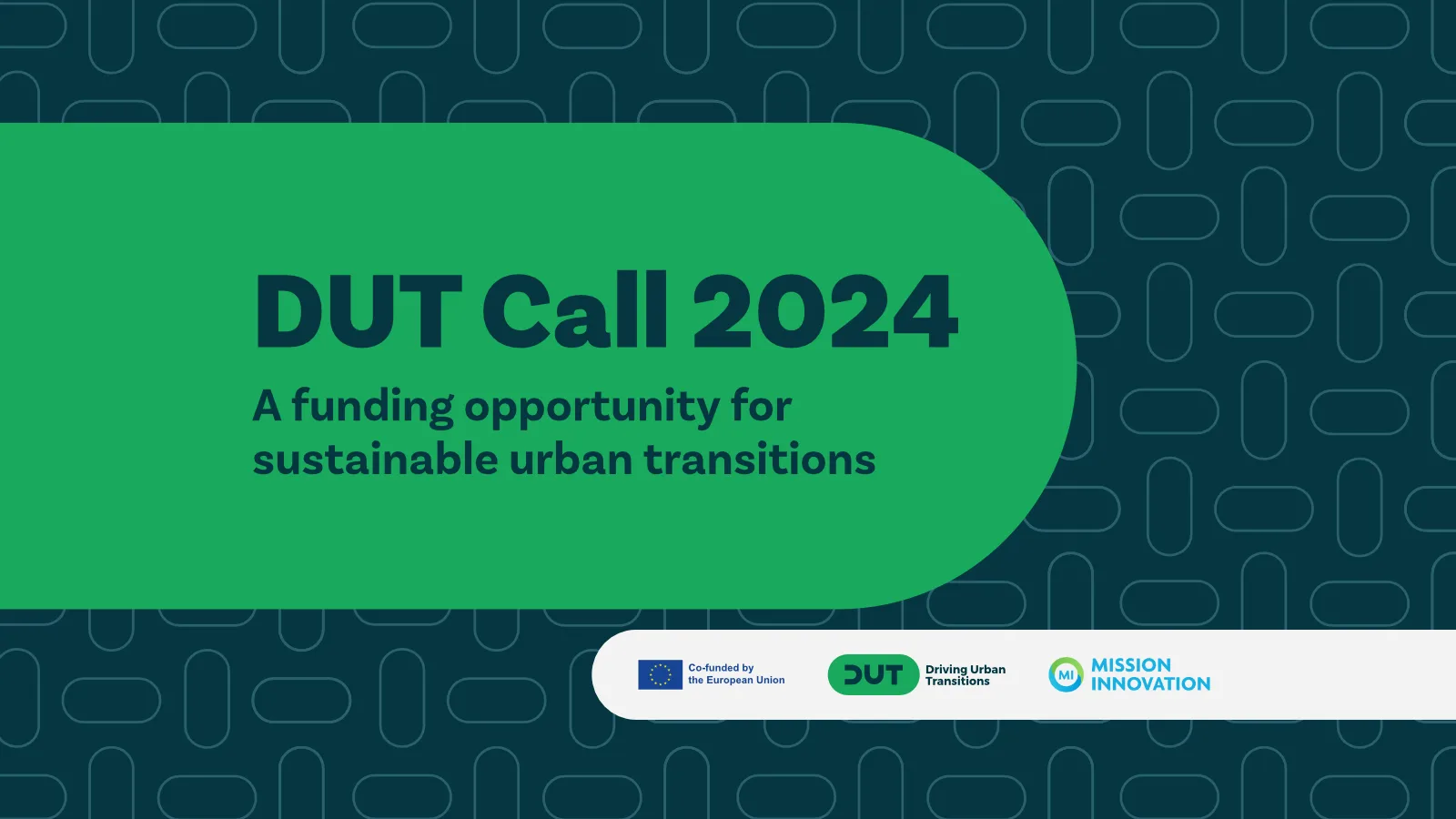Based on more than 10 years of experience from JPI Urban Europe, DUT aims to address the challenges of urban transition and establish a renowned research and innovation platform involving regional, municipal, and local communities to support cities in becoming more sustainable, inclusive, and livable.
This co-financed partnership brings together 67 organizations from 28 countries and involves national agencies supporting research in science and technology and bodies responsible for regional/urban development policies, with a view to financing transnational urban transition projects around three strategic axes of the DUT (the TP, Transition Pathways):
- TP Positive Energy Neighborhoods: optimizes the local energy system, implementing energy efficiency, flexibility, and local energy generation from renewable sources. The goal is to promote (urban) energy transition and climate neutrality, integrating them into urban planning processes.
- 15-Minute City: rethinks the existing mobility system and urban morphology to encourage sustainable mobility choices, redistribute urban space, and reorganize daily activities to make cities more climate-neutral, livable, and inclusive.
- TP Urban Circular Economies: promotes the design of urban places characterized by regenerative urbanism, such as green, inclusive, and livable communities and neighborhoods that are sustained by circular urban economies and resource flows.
The FCT, the CCDRC (Regional Coordination and Development Commission for the Center), the CCDRN (Regional Coordination and Development Commission for the North), the DGEG (Directorate-General for Energy and Geology), and the DGT (Directorate-General for Territory) are the Portuguese organizations that make up the DUT.
This initiative has received funding from the European Union's Horizon Europe Research and Innovation Program. Grant Agreement No. 101069506.





